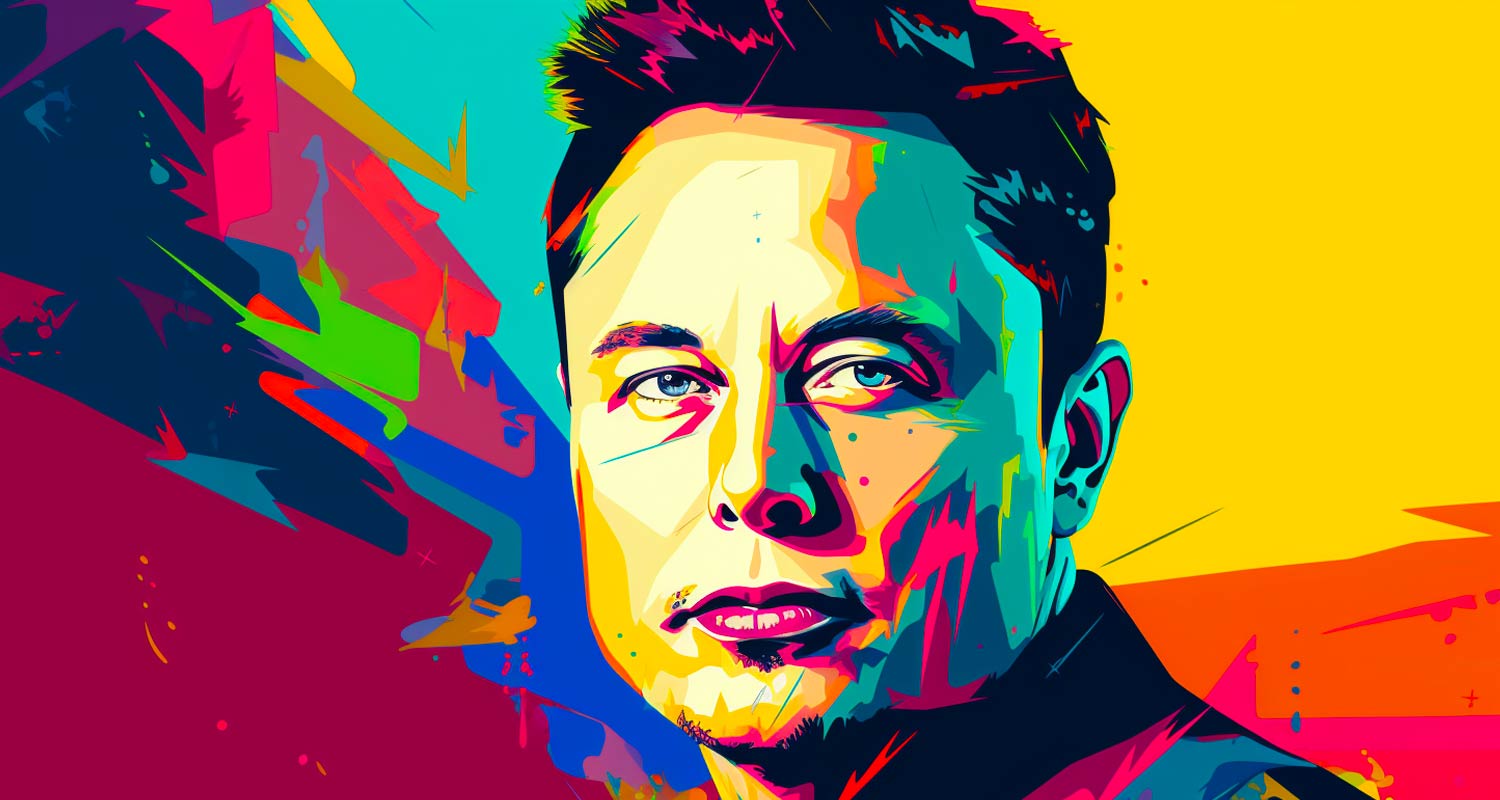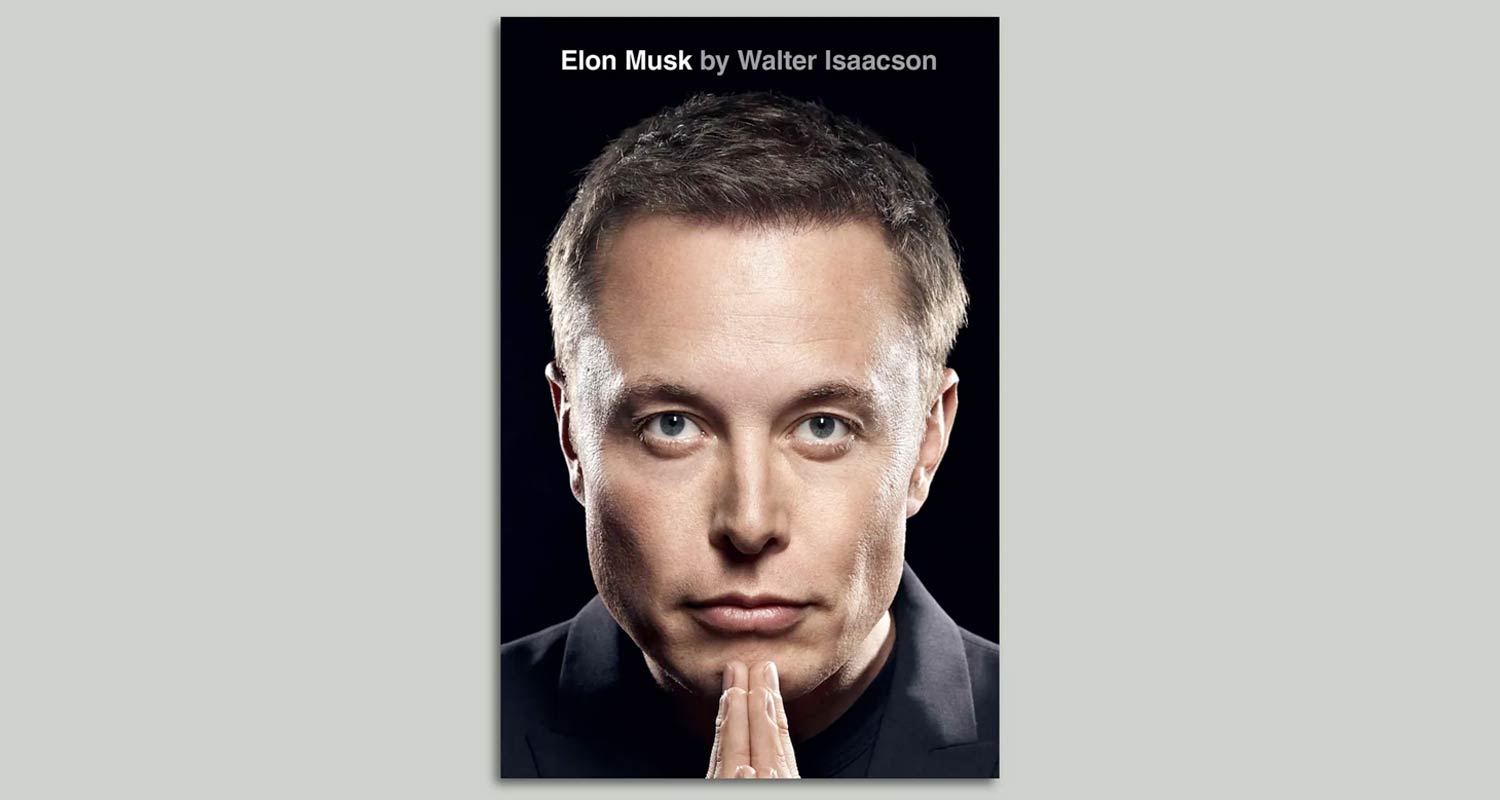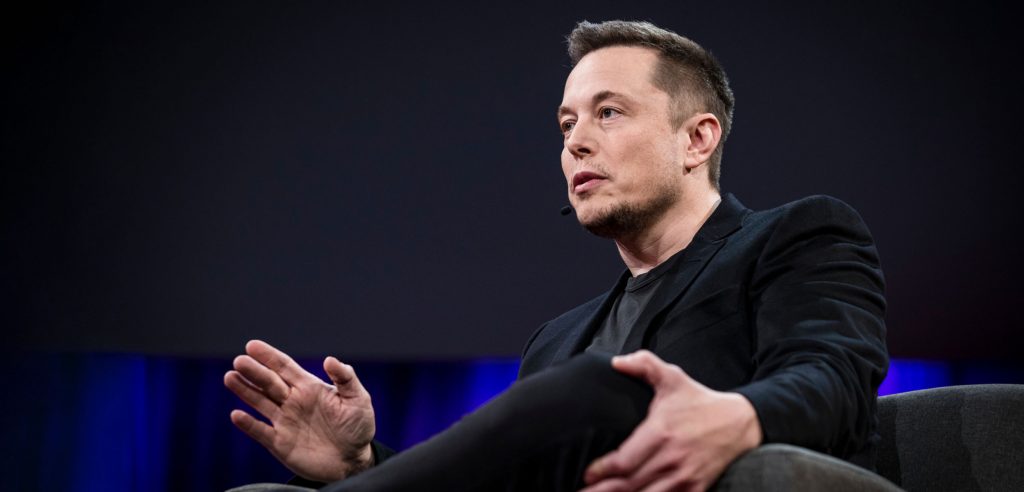Everyone already knows the outline of the story: Elon Musk loved tweeting, saw his net worth in two years quintuple to US$250-billion from the booming value of Tesla and SpaceX, casually bought 9% of languishing Twitter stock in April 2022, agreed to join the board, got annoyed by the board, irritably made an offer (with a weed-joke price) to take the company private, tried to not buy the company when he realised he paid too much, bought the company when he realised he had to, made statements about his ownership being necessary for the future of free speech, walked into Twitter headquarters carrying a sink, fired most of its employees, ran into the same old problems of content moderation, became way more right-wing, and gave us a platform less advertised-on, less used, more buggy — and ultimately not Twitter at all but X.com.
Books about a story so widely covered in real time have the challenge of providing more than this outline. They also face the central question that all consumers of Elon Musk are trying to answer: how could a genius be this dumb?
Three books this year present themselves as up to the challenge: Character Limit by New York Times reporters Ryan Mac and Kate Conger, Extremely Hardcore by Zoë Schiffer, and Battle for the Bird by Bloomberg’s Kurt Wagner. Each book has its strengths: Schiffer has the most anger, with the fullest portraits of people working at Twitter when the Musknado hit; Wagner has the most feeling, focused on Musk and the Zen weirdo leadership of Jack Dorsey and what Twitter could have been; Conger and Mac have the most entertaining finance gossip, like Marc Andreesen texting Musk that Andreesen Horowitz would invest in Twitter with “no additional work required” or a gobsmacked Twitter board approving Wachtell Lipton’s $95-million “success fee” for four months of work on the chancery court case that Musk unilaterally dropped.
Grim fun
There is grim fun throughout the books, if no twisting plot: things started out bad, and then got worse. Character Limit details shocking scenes of Musk’s friends and hangers-on, without any clear titles at Twitter or even clearly working at Twitter, making demands of its employees on calls and meetings. (The most ubiquitous posse member was two years old: Musk’s son, also named X.) All three books are Tarantino movies of downsizing, from an initial sloppy purge of about 3 000 employees and 4 000 contractors to Musk firing staffers at point-blank range because he didn’t like, for instance, data presented on the declining popularity of his tweets.
It’s still flabbergasting how a $44-billion acquisition, with advice from Morgan Stanley and funding from straightlaced institutions like Fidelity, could be so slapdash in execution and structure. Musk and his team waived all diligence on Twitter, provided as the buyer a seller-friendly purchase agreement before even being asked, and put $13-billion of debt on a company that had made $36-million of Ebitda the last quarter it was publicly traded. Bloomberg estimates that Musk’s $25-billion-plus personal investment in Twitter is now worth under $6-billion.
Read: Meet the Tesla Cybercab, Elon Musk’s autonomous robo-taxi
What was he thinking? The Twitter books all dribble out theories, mainly on the surface. “Musk had come to love Twitter,” Conger and Mac write, “and he believed that the people who had run it had led it astray. He was going to make them pay.” The books leave it to the reader to attribute this vengeful love to some combination of psychology, pharmacology, hubris and money. More recently, most readers would add a political explanation: according to an analysis by the Wall Street Journal, Musk posted an average of 61 times per day this year, much of it in support of Donald Trump.
 Yet the books, for the most part, reject a Great Man theory of Musk as a historical figure. Musk seems more like Napoleon in War and Peace, in which Tolstoy revels in making him small and delights in the ironies of the limits of his power. The Twitter acquisition seems to be Musk’s march into a Moscow winter: everyone at the company knows this or that or the next Musky thing is a bad idea. Nothing he tries seems to work. This is satisfying on many levels. But it also makes it harder to understand how genius could be this dumb if you present Musk as all dumb, with no genius.
Yet the books, for the most part, reject a Great Man theory of Musk as a historical figure. Musk seems more like Napoleon in War and Peace, in which Tolstoy revels in making him small and delights in the ironies of the limits of his power. The Twitter acquisition seems to be Musk’s march into a Moscow winter: everyone at the company knows this or that or the next Musky thing is a bad idea. Nothing he tries seems to work. This is satisfying on many levels. But it also makes it harder to understand how genius could be this dumb if you present Musk as all dumb, with no genius.
So we must look to the Great Man of History biographies about Musk: Walter Isaacson’s Elon Musk from 2023 and in the 2015 Elon Musk, by Bloomberg’s Ashlee Vance. Neither book declares Musk a good man of history, for sure, nor defends his most indefensible actions. But both authors clearly admire Musk’s force and genius. And they remind us why we’re even interested in Elon Musk: his accomplishments before Twitter; his life before the Tesla compensation package opened up the world in a way only a quarter-trillion dollars can; what has made him succeed.
Crucially, both books detail the physicality of Musk’s successes. They are rooted in material science, dealing with the physics of car parts and rockets and robots and neural pathways. Both books return to a primary theme: Musk’s merciless cost engineering, his efforts to “delete, delete, delete” unnecessary parts and received wisdom and risk-averse inertia. This is what allowed him to create giant manufacturing winners — in the US of all places — in highly regulated, stodgy industries. His companies pushed through near-death moments because of Musk’s soldier-general’s physical leadership, firing the lollygaggers, walking the assembly line, enduring pain with the troops by sleeping on that line, rallying them with his acceptance of risk — of one decision, of losing it all.
The real secret
Isaacson described Musk at Tesla’s sub-optimised Fremont factory in 2018: “One day, after standing silently in front of the balky robotics for a few minutes, Musk tried doing the task with his own hands. It was easy for a human. He issued an order: ‘You have 72 hours to remove every unnecessary machine.’” Ashlee Vance, convinced of Musk’s almost unparalleled relentlessness and “strength of will”, quotes Musk near the end of his book: “What matters to me is winning, and not in a small way.”
In both views, we see Musk’s embodied genius as akin to that of a generational athlete — a Caitlin Clark or a LeBron James — as to a Steve Jobs. In an essay 30 years ago on tennis prodigy Tracy Austin, David Foster Wallace mused on the “real mystery” of great athletes and “whether such a person is an idiot or a mystic or both and/or neither”. Foster Wallace concluded: “Those who receive and act out the gift of athletic genius must, perforce, be blind and dumb about it — and not because blindness and dumbness are the price of the gift, but because they are its essence.”
 We want to attribute forethought to Musk’s buying Twitter — to root against it, or for it. Yet that may not be the type of genius we are dealing with. “The real secret behind top athletes’ genius,” Foster Wallace hypothesised, “may be as esoteric and obvious and dull and profound as silence itself. The real, many-veiled answer to the questions of just what goes through a great player’s mind as he stands at the centre of hostile crowd noise and lines up the free-throw that will decide the game might well be: nothing at all.”
We want to attribute forethought to Musk’s buying Twitter — to root against it, or for it. Yet that may not be the type of genius we are dealing with. “The real secret behind top athletes’ genius,” Foster Wallace hypothesised, “may be as esoteric and obvious and dull and profound as silence itself. The real, many-veiled answer to the questions of just what goes through a great player’s mind as he stands at the centre of hostile crowd noise and lines up the free-throw that will decide the game might well be: nothing at all.”
Musk is a genius and a Great Man of History, but perhaps when he tersely texted Twitter’s CEO that he wanted to take the company private — from Larry Ellison’s Hawaiian island just past 5am after a sleepless night — he was thinking nothing at all. And maybe the primary reason his free throw went so wide of the mark is because of a central irony, a Tolstoyan irony: Elon Musk, a genius of the physical world, bought a company built for words. — (c) 2024 Bloomberg LP

